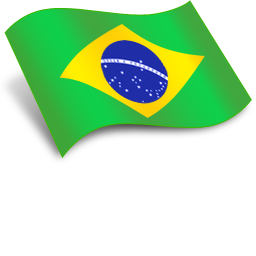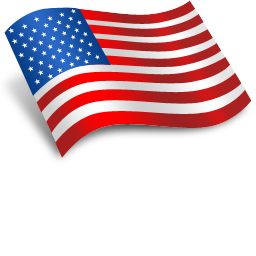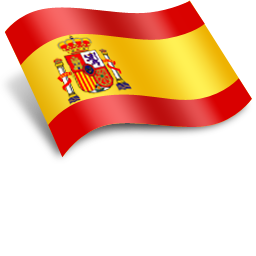You can produce and sell, which is a practice for most exporters. Why not sell what others produce?
What we are suggesting is a complementary activity. This may answer a logistical need. And who knows, troubleshoot production costs. Or, why not circumvent the insoluble problem of the exchange rate in Brazil with an irreversible downward bias?
This complementary activity exists and has a name: it is the operation back-to-back.
In a nutshell, you buy goods abroad and sell it there.
Regarding operations back-to-back, note that:
1. Operations are "triangular" in which are held concurrently, a purchase and a sale, usually - but not always - involving three countries (eg Brazil buys and sells U.S. to France). However, there are transactions where the supplier and the buyer end are in the same country. Indeed, these latter operations depend on local legislation.
2. As a general rule, the goods do not pass through Brazil. As in the example above, by order of the Brazilian buyer, the goods are shipped to (or delivered to) the purchaser French by U.S. supplier, by order of the Brazilian merchant.
3. The payment to the U.S. supplier, as well as receiving the French buyer, may be made by money order or by using any other means of payment accepted by the Brazilian legislation. This means that both sale and purchase may be made through the payment using any of the methods of payment accepted in the international market, including prepayment.
4. It is free to carry out these operations, as established by Bank, waiver prior authorization of the agency. However, when the operation involves goods subject to quotas or if trading occurs with countries that are subject to economic sanctions.

Subscribe to News Letter
Currency Quotes
Cotações fornecidas por Forex Pros
BACK-TO-BACK, uncomplicated!
|
2013 © Todos os direitos reservados - by: Design da Voz






